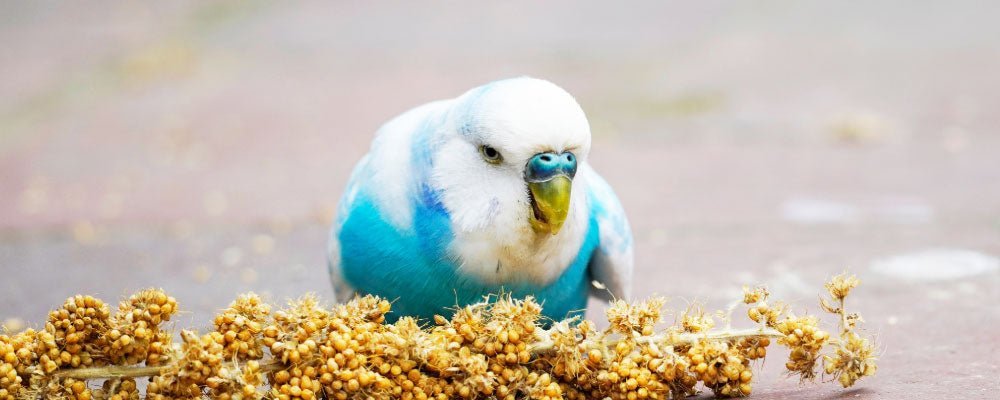
Budgie Food - What Should You Feed Your Budgerigar?
Budgerigars in the wild consume seeds and grasses on the ground. In the wild, grains and grasses comprise the majority of their diet. In their native Australia, they frequently migrate in flocks of thousands and cover vast distances.
Just a few decades ago, it was common practice to feed budgies only seed mixtures, with Trill being the preferred variety, along with a cuttlefish bone and sometimes a spray of millet as a treat. And it was the end.
Many veterinarians today prefer pellets, and you will need to decide whether pellets, seeds, or your mixture will make up the majority of the diet. Current dietary recommendations suggest that 40% of the diet should consist of fresh foods. Choosing the proper cuisine requires extensive research and assistance from reliable sources.
What should you feed a budgie?
Here, we run through the various budgie food options:
Budgie Seed Food
Budgies, like all birds, enjoy eating seeds. As this is essential to their nutrition, a high-quality blend of living seeds is essential. Always choose the best premium food available.
Food is not the place to save money. An assortment of seeds, millet, oat, grit, and egg food will be provided by premium brands. Frequently, additional chemicals are designed to keep your budgie in top health.
Budgie Pellets Food
You may also opt to provide your budgie with pellets. These are around the size of seeds and are composed of seeds and fruit that have been compressed. This is typically the complete food you will be able to offer the bird and it discourages the budgerigar from selecting simply the most delicious seeds.
However, not all budgies enjoy consuming pellets. There is typically a timeline on the packaging for converting your budgie, but remember that some birds may never adapt. Therefore, you must still offer your bird fresh water, grit, fruits, and veggies.
Fruits and Vegetables For Budgies
Fruits and vegetables are a nutritious complement to any bird's diet and contribute to its longevity and health. So give your budgie a piece of fresh produce daily, if feasible.
Each budgie has unique preferences and will require time to adjust to this new meal. Offering a piece of produce daily at the exact location in the cage will help the bird recognize it as food, as opposed to a toy to destroy.
Being the curious creature that it is, the bird will ultimately take a bite and be exposed to the delightful flavours of fruits and vegetables.
Of course, it's always conceivable that they don't like the flavour of what you've provided, so attempt to vary what you serve. It will be helpful if the bird observes you or its species enjoying the nutritious snack.
This will further pique their interest and teach them that this is tasty food. Numerous budgies favour the flavour of apples, carrots, and oranges. Pears, bananas, and lettuce are all well-liked. However, excessive lettuce consumption may cause diarrhoea.
Dried Egg Budgie Food
Although many bird owners only serve egg food when the bird is breeding or growing new feathers, it's not a terrible idea to offer it at least once every week. It is loaded with nutrients and minerals. To provide a complete and balanced diet, egg-based foods must be included on the menu.
Egg food is nutritious, easily digestible, and delicious. Not only does it reinforce the bones (a calcium bomb), but it also provides additional strength and vigour and promotes growth. It is a fantastic food to provide to a budgie mother and her young.
Although egg food is incredibly nutritious for your budgie, it is high in fat. When not breeding or ill, twice a week at most is sufficient. However, always have egg food readily available while your birds are ill or reproducing.
Put the dried egg food in a bowl, add water to moisten it, stir, and then offer it. It is not intended to float; a small amount of water is sufficient. Please do not keep it in the cage for too long since it will rapidly become contaminated with bacteria and deteriorate.
Budgie Grit
Some say that budgies do not need grit since they remove the husks from their seeds. Although this is true, they nonetheless require grit.
Here is why:
Numerous tiny, pointy stones fed to birds are known as grit. It includes calcium, which helps to strengthen bones and increases growth, but it has an even more vital role in the budgerigar's digestive system.
Budgerigars have two stomachs. The digestive fluids added by the first stomach aid in the softening of de-husked seeds. After this, the food is delivered to a muscular stomach that grinds everything with the help of grit to allow the nutrients to be absorbed by the body.
Since the grit is eventually reduced to powder, it is usually necessary to obtain additional grit. Oyster shell grit is the most nutritious type.
Which vegetables can be fed to budgies?
Budgies can have green beans, carrots, peas in pods, cabbage, cauliflower, sweet corn, and sweet potatoes, but just a teaspoonful of each.
There is a dispute regarding the recommendation to avoid onions, mushrooms, and garlic. Some of us have effectively utilized them. Some do not.
It is true that certain foods, such as parsley or fruit pits, can be harmful in large quantities but not in small amounts. Unless your fresh foods are homegrown or organic, it is prudent to wash them thoroughly.
What food and drink are bad for budgies?
You should not feed your budgie the following: fried food, salt, chips, bacon, coffee, and caffeinated tea, but herbal teas are acceptable, biscuits, pastries, alcohol, cakes, chocolate, pizza, chips, bread, vanilla, peanut butter, and cheese.
These foods are not particularly healthy for humans; however, like kids with junk food, most parrots like these human foods. The solution is to attempt to conceal improper food. If she is out of her cage, do not feel guilty if a cookie crumb or chip is stolen or provided. Once we had free-ranging parrots around during family dinners, they significantly improved.
Conclusion
Budgies are lovely birds, but like all birds, they require specialized food to keep them healthy and happy. This article details the types of food that budgies need and why it is essential for their health. By reading this, you will be able to provide your budgie with the best possible diet to ensure their long-term happiness.
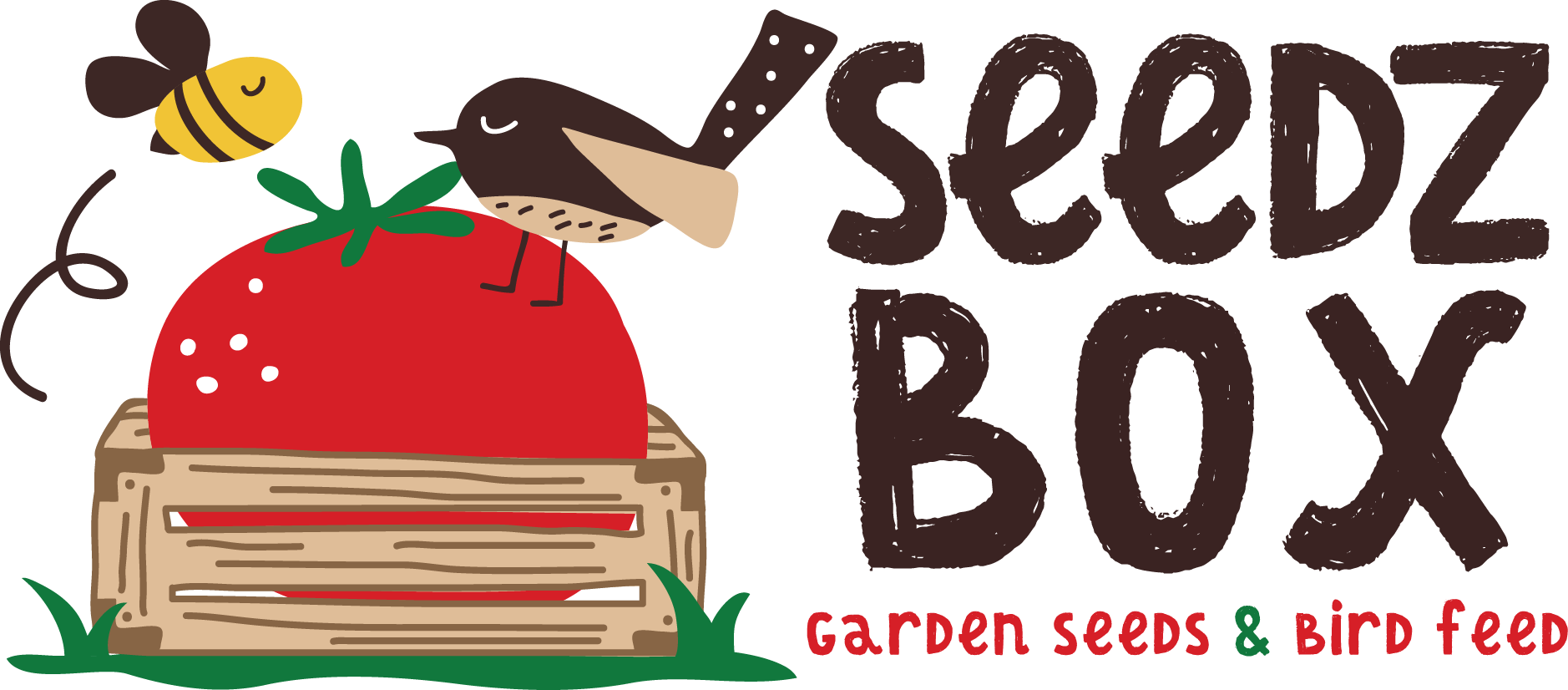

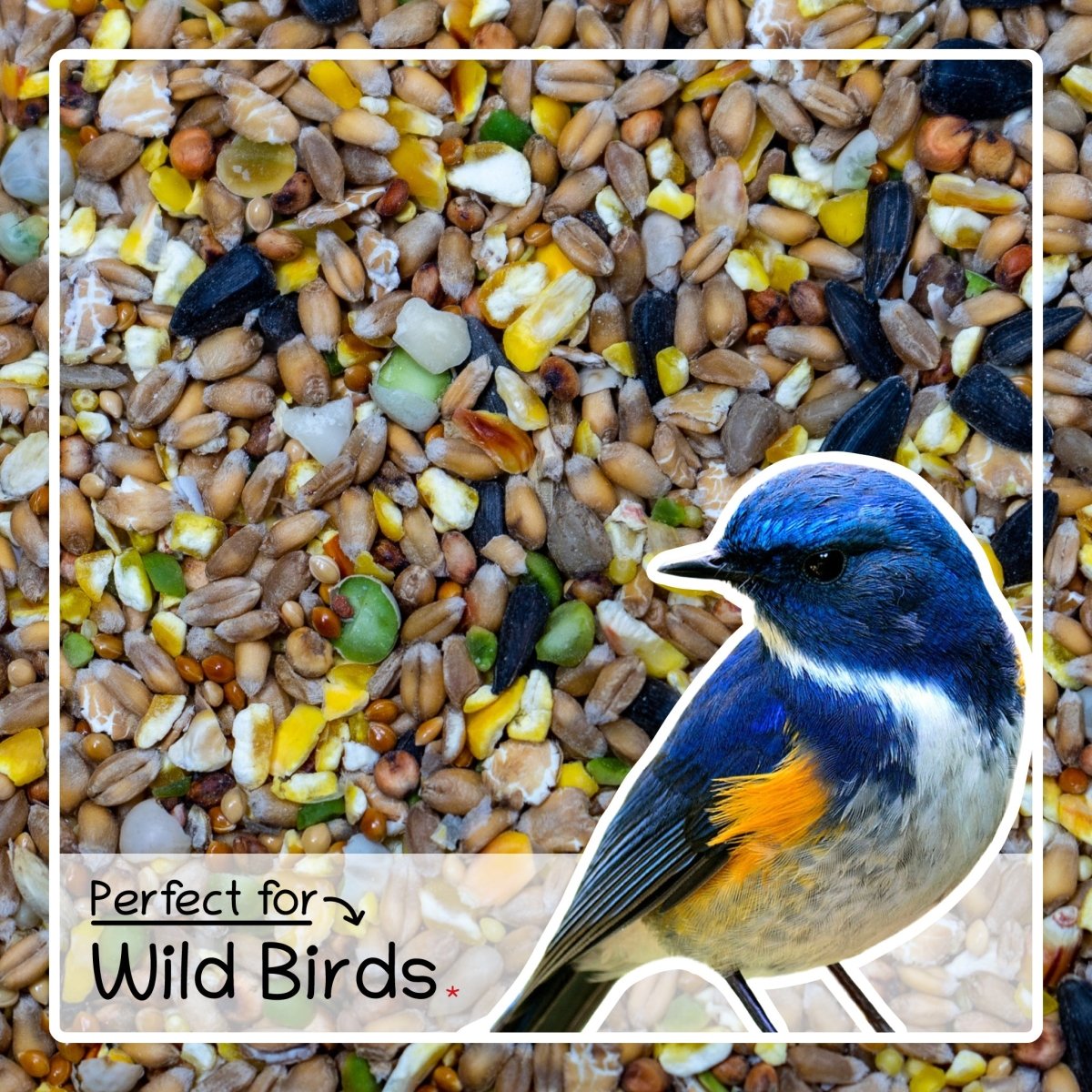
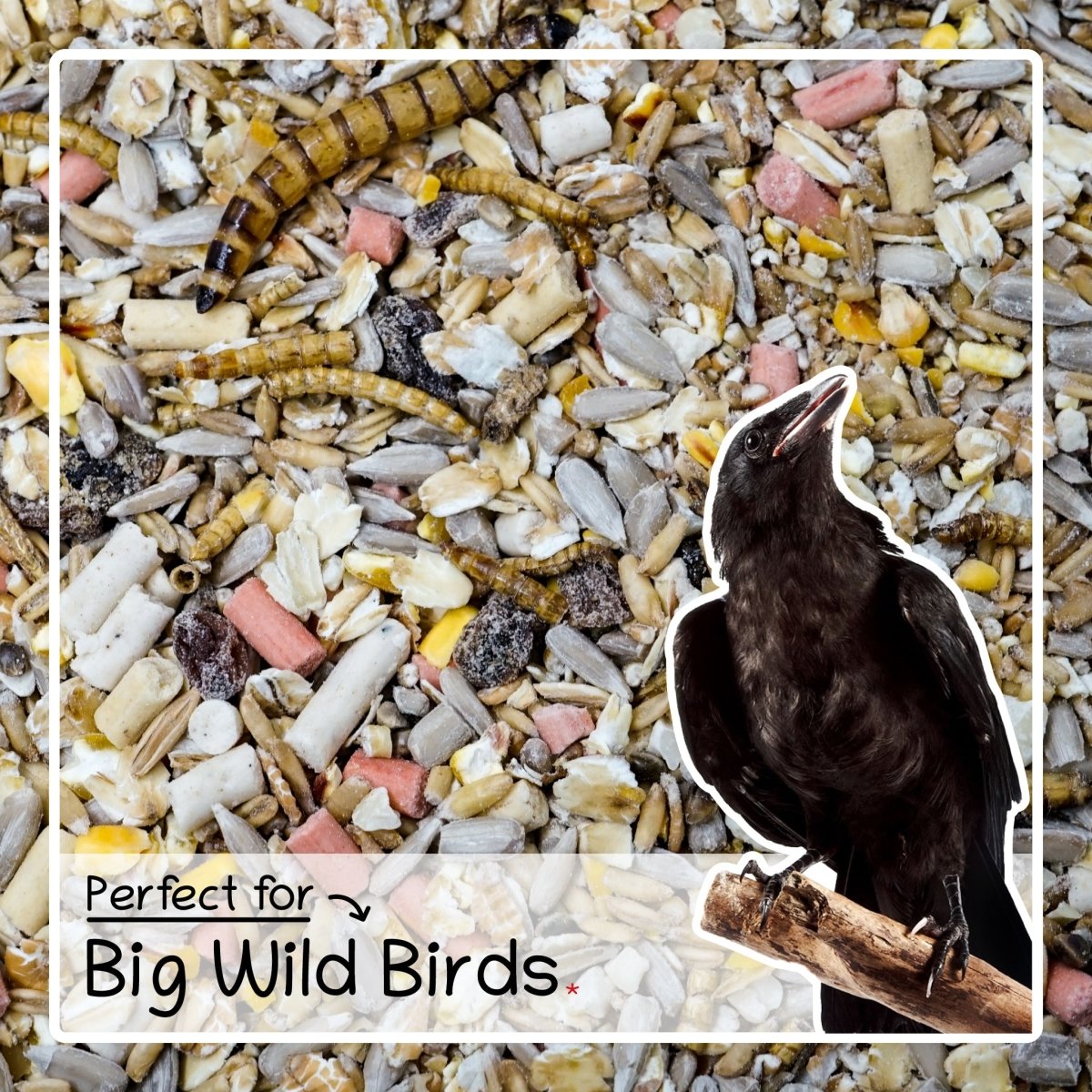
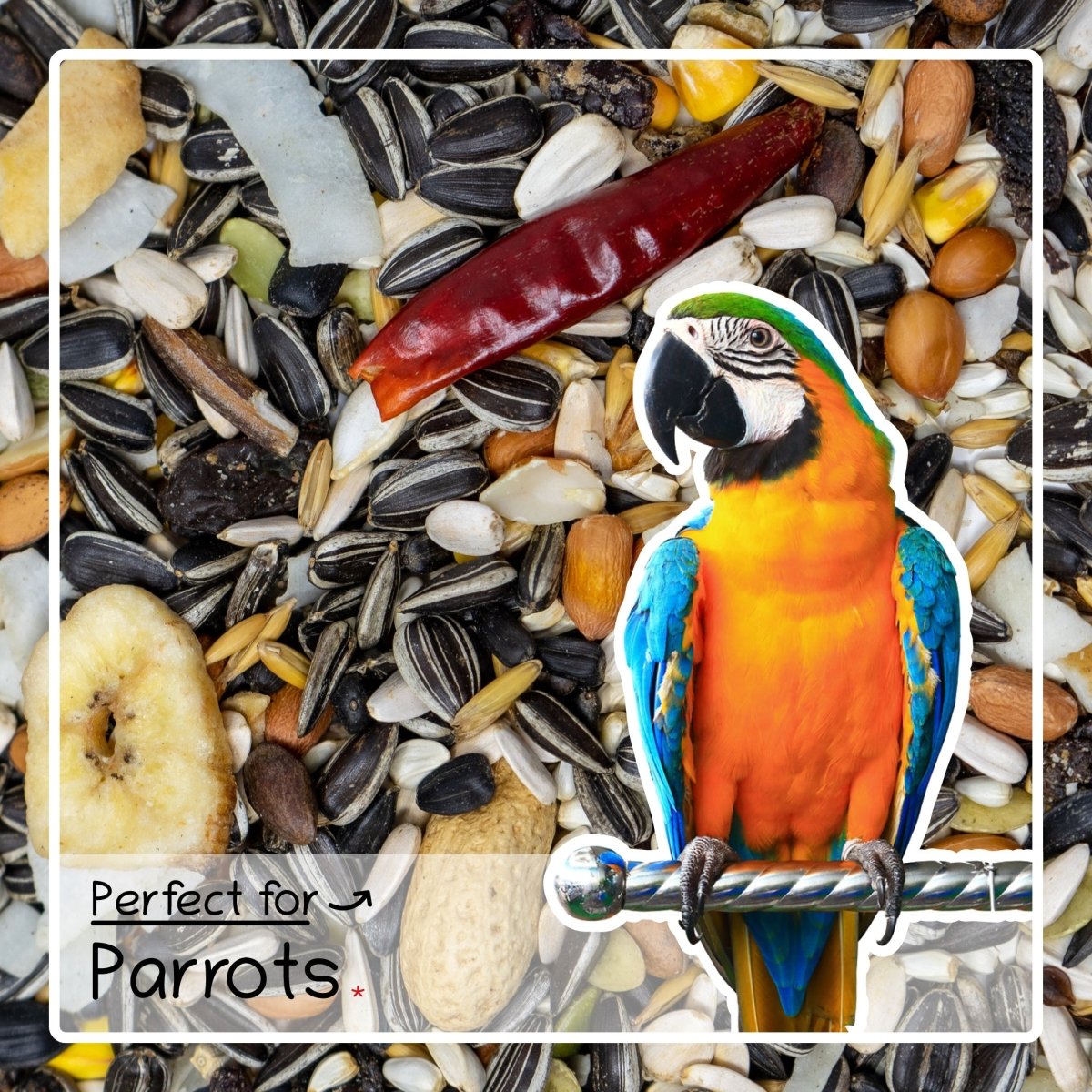
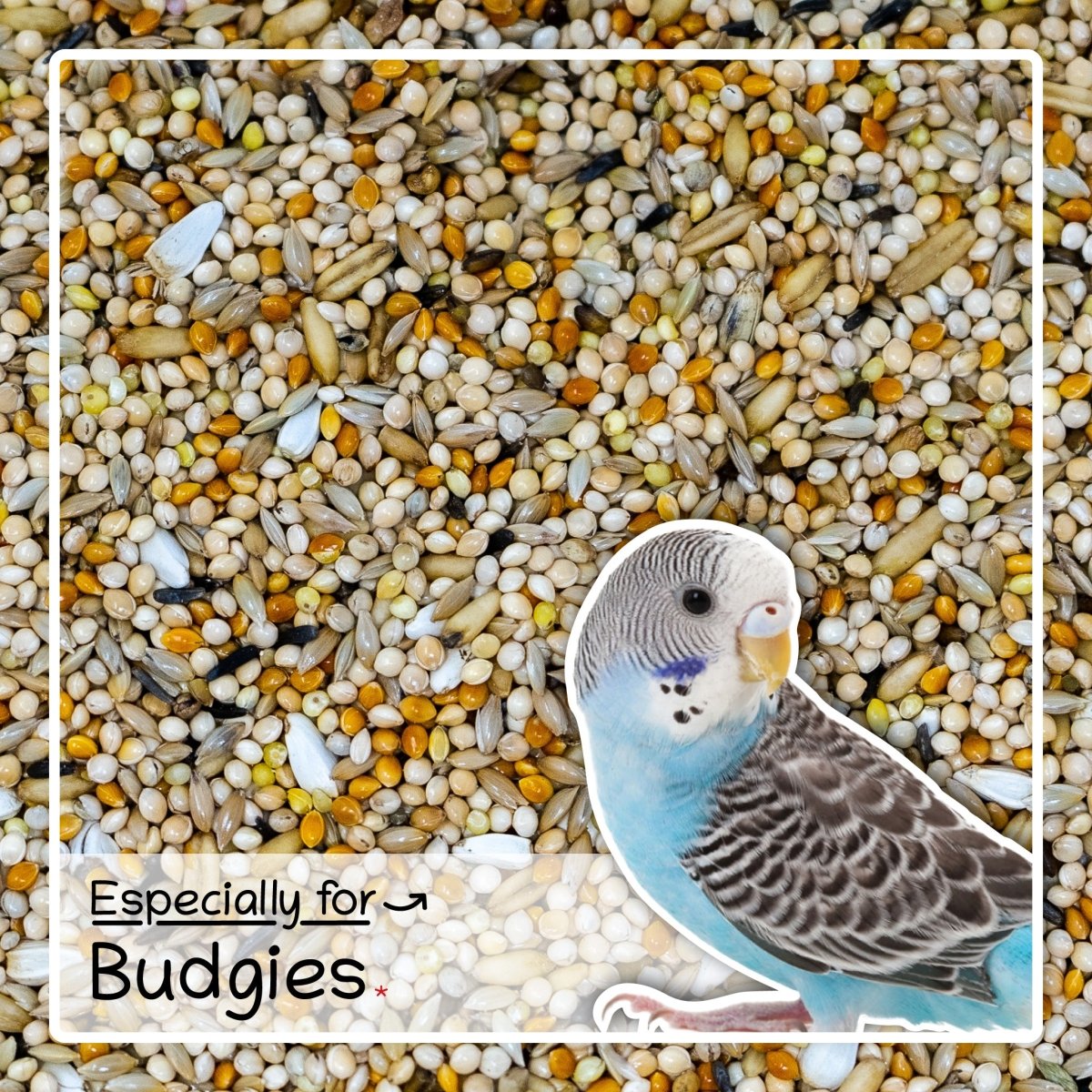
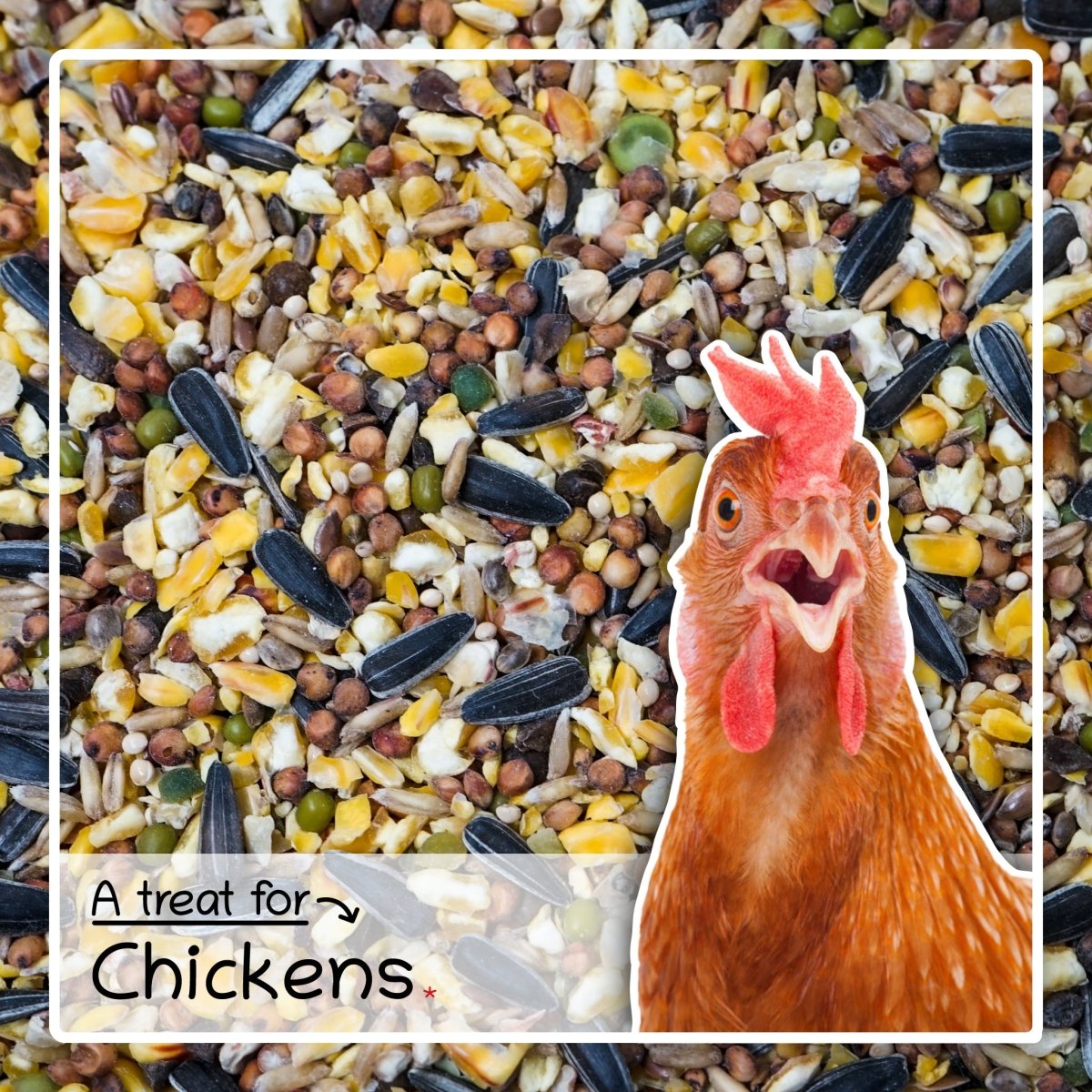
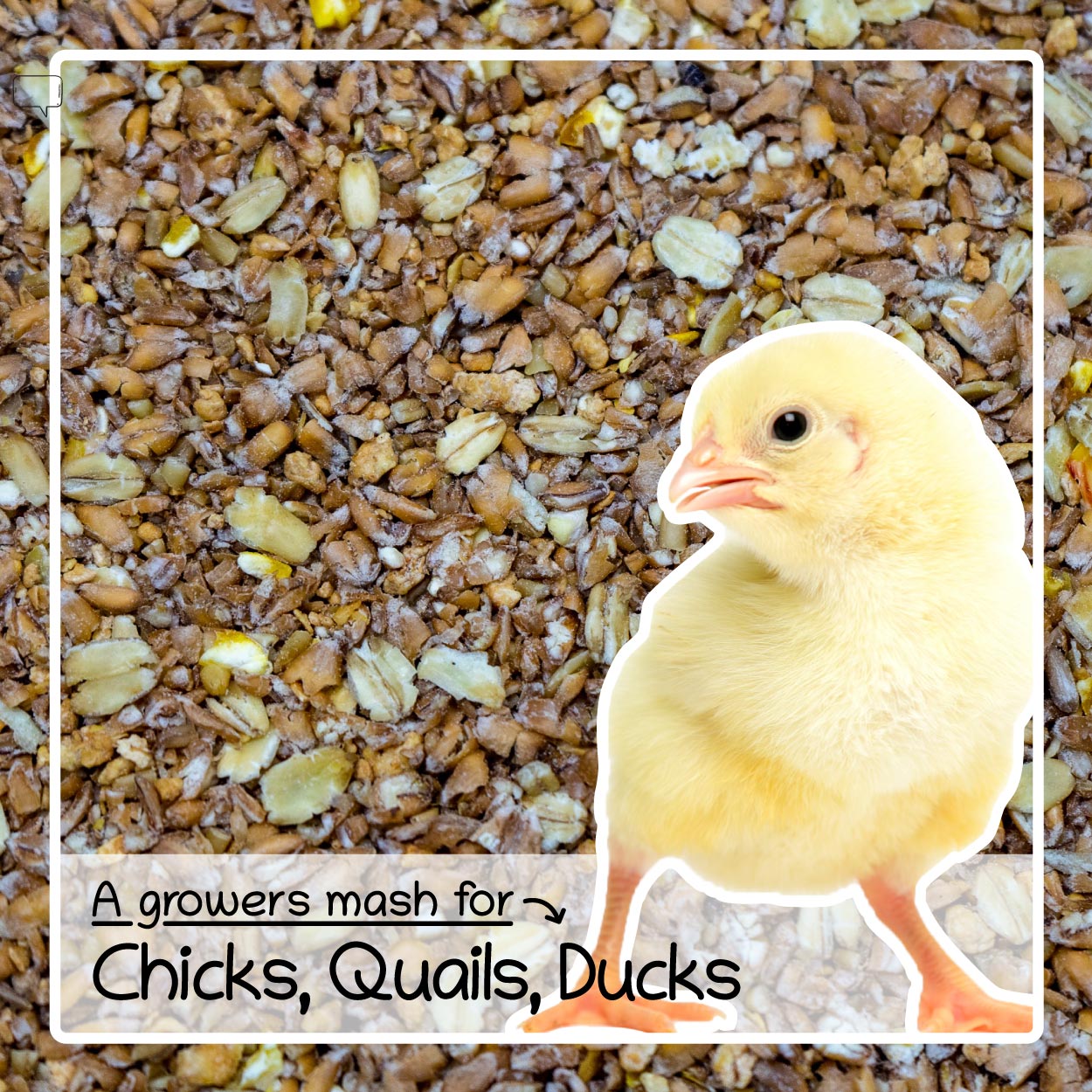
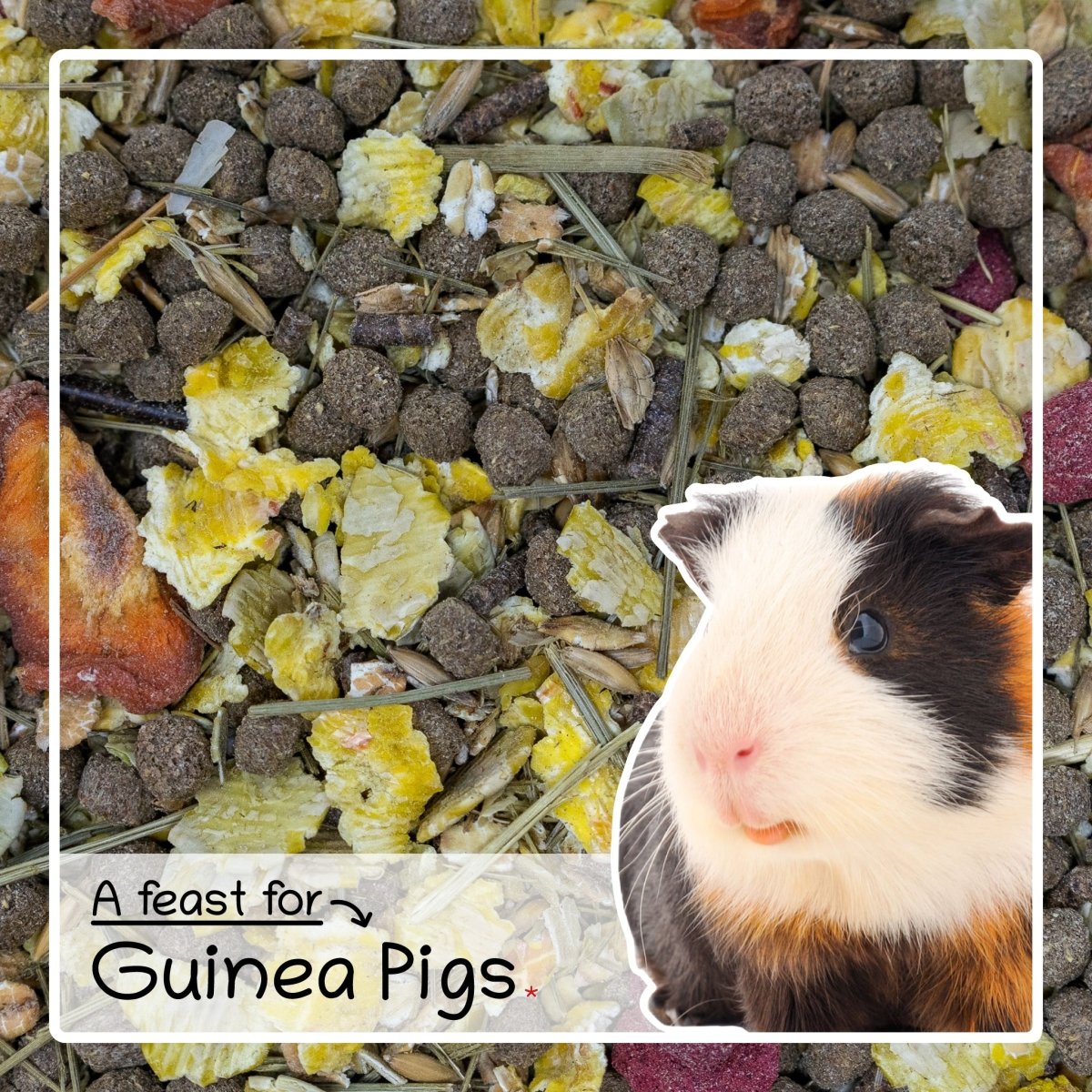
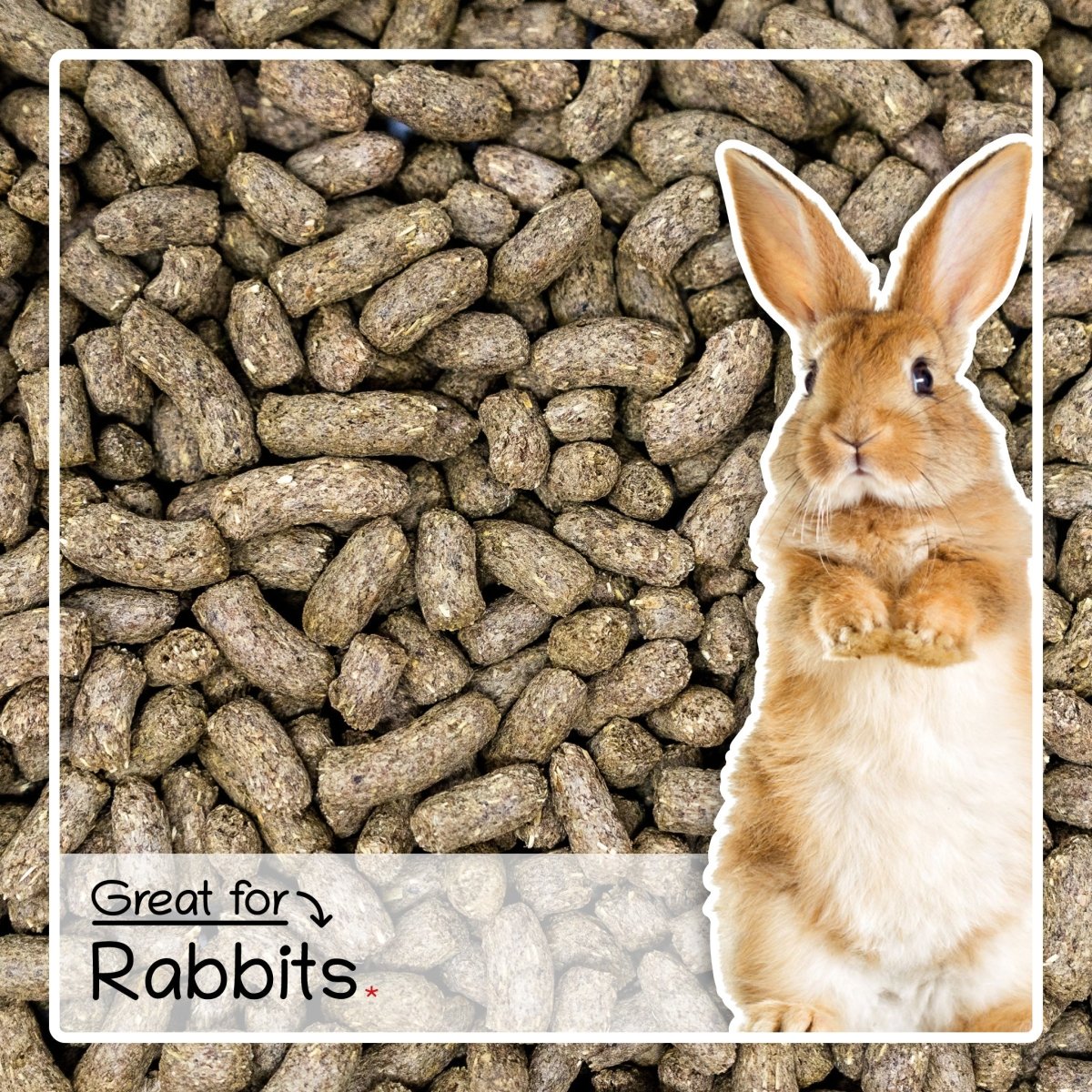
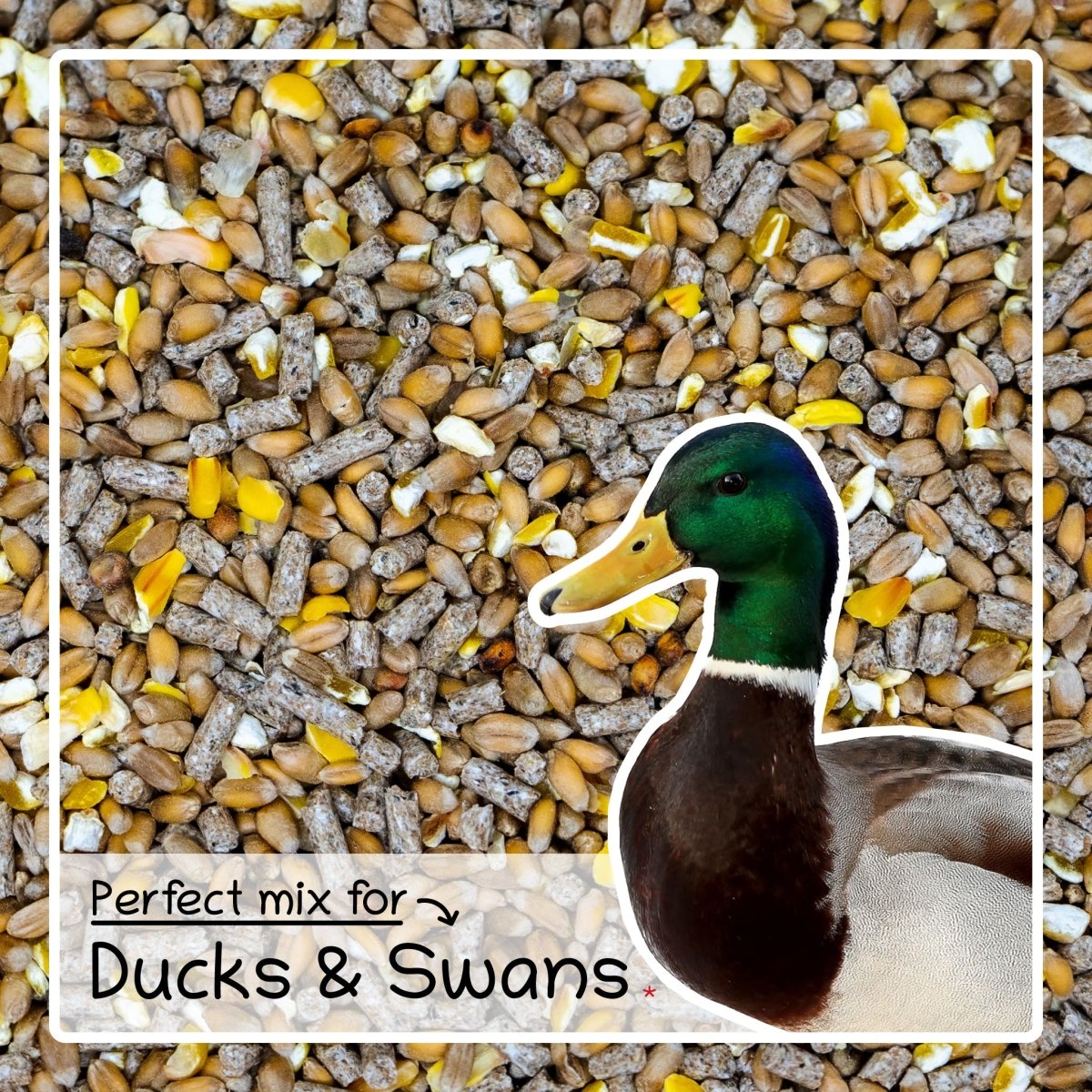
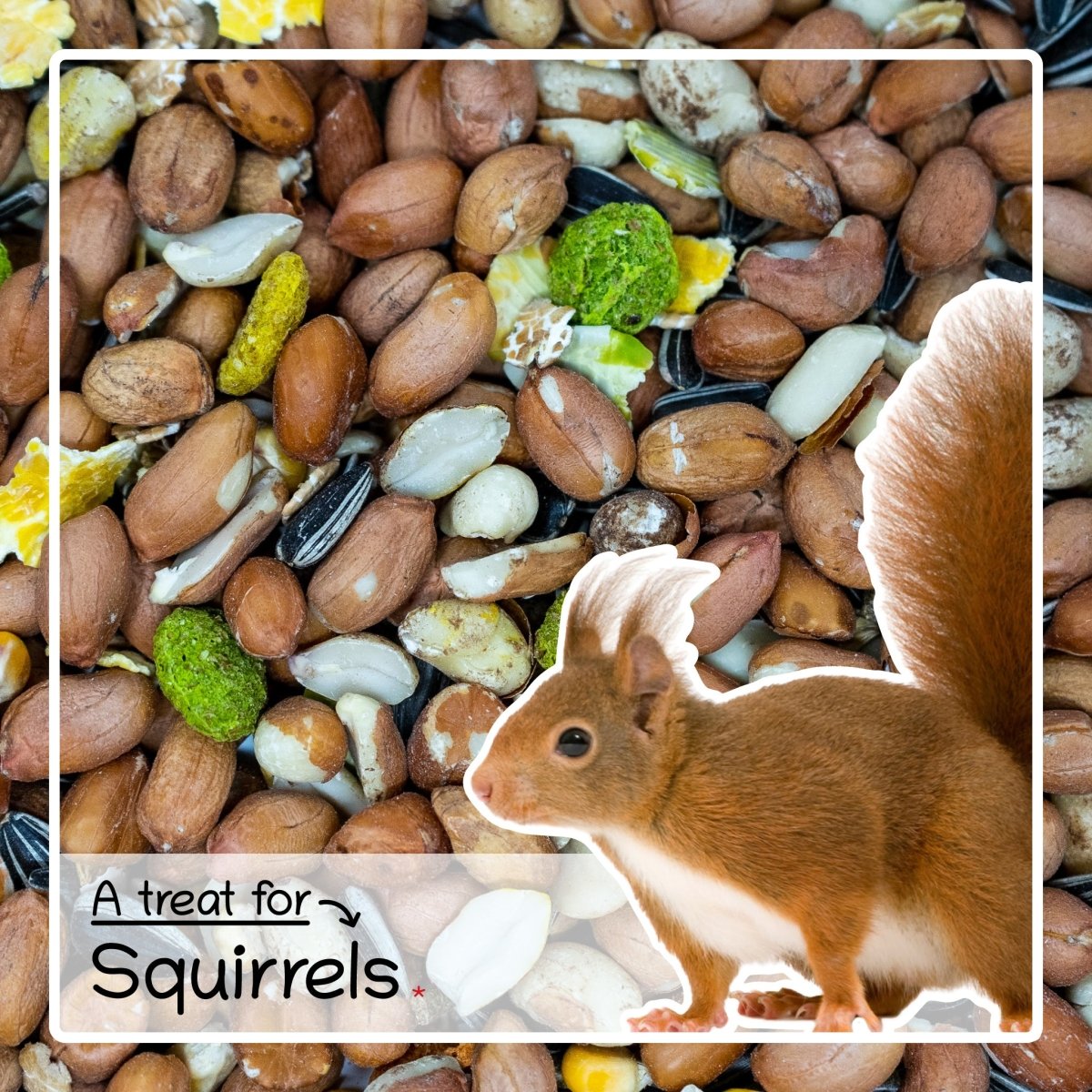


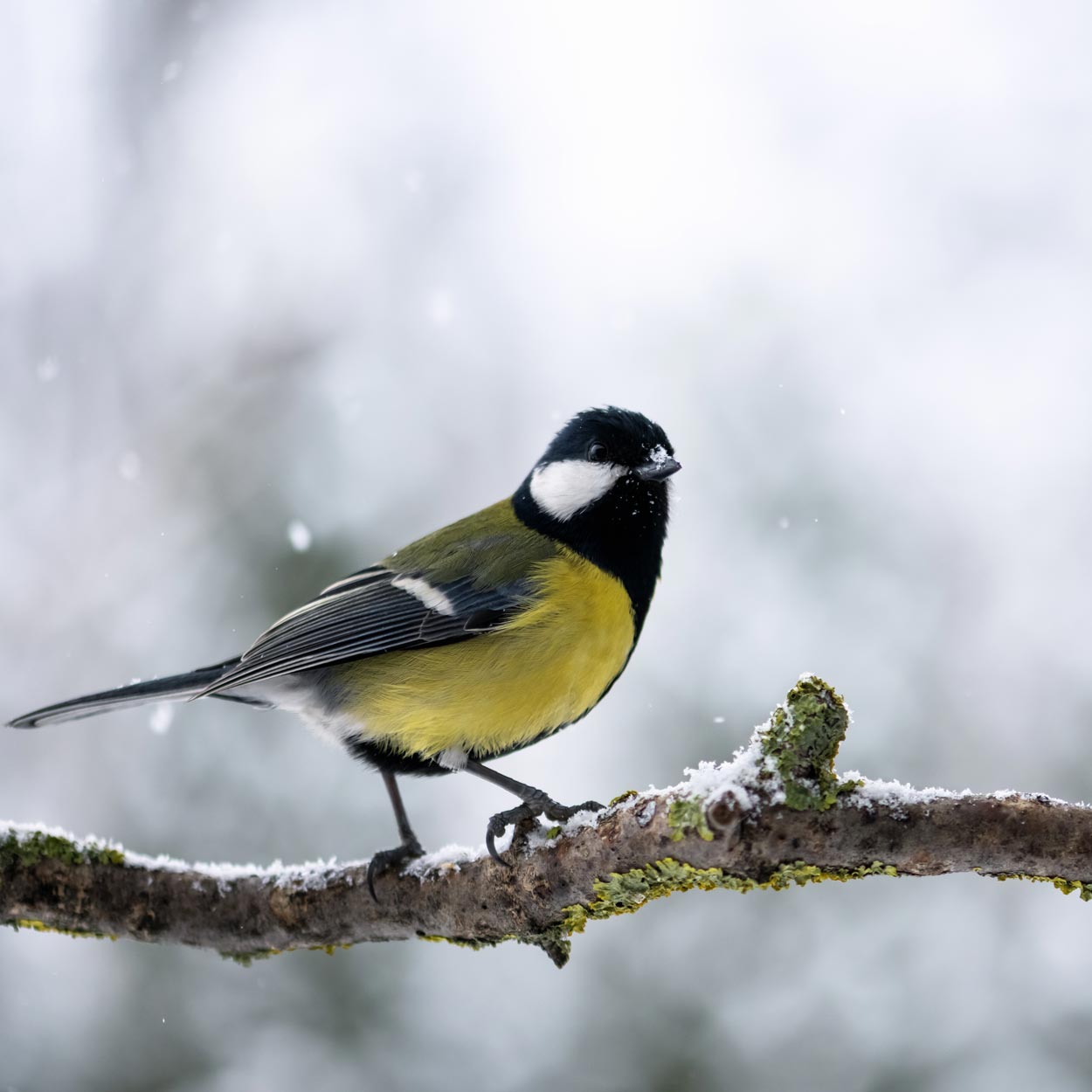
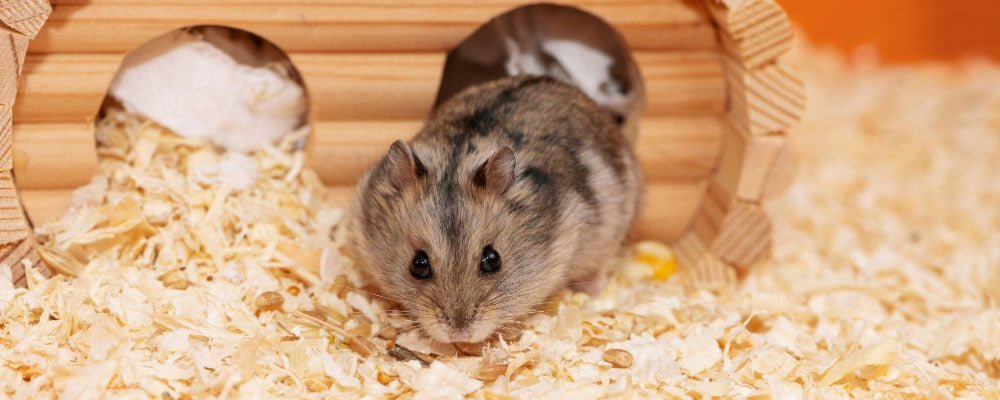
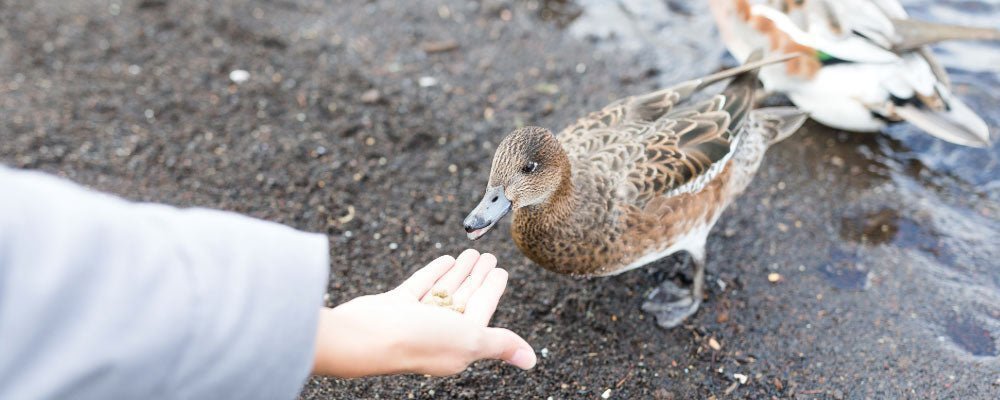
Leave a comment
This site is protected by hCaptcha and the hCaptcha Privacy Policy and Terms of Service apply.